From tools to language to brainpower, there’s no shortage of theories positing why humans went from the savannah to megacities, while, despite very similar DNA, other hominins have more or less stayed put. This video from NPR details an emerging theory of how human societies evolved. According to new research, our ancestors shared parenting within families, which might have led to an increased capacity for cooperation, ultimately opening the way towards the rest of the skills we love to praise in ourselves. Read more about the theory at NPR’s website.
Could grandmotherly love help to explain how we became human?
Writer and Director: John Poole
Animators: Henry Richardson, Reece Wykes
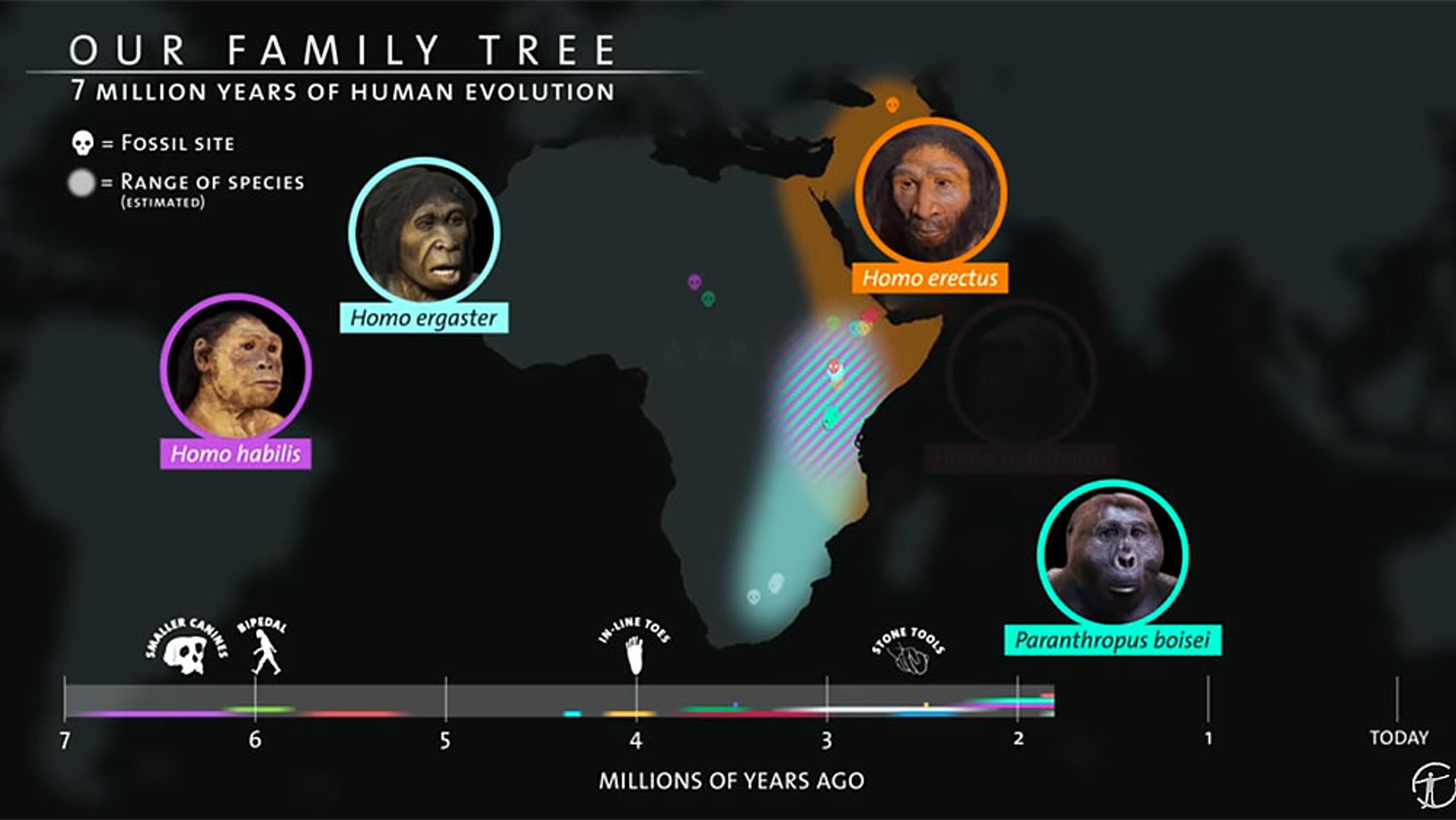
videoHuman evolution
Last hominin standing – charting our rise and the fall of our closest relatives
6 minutes
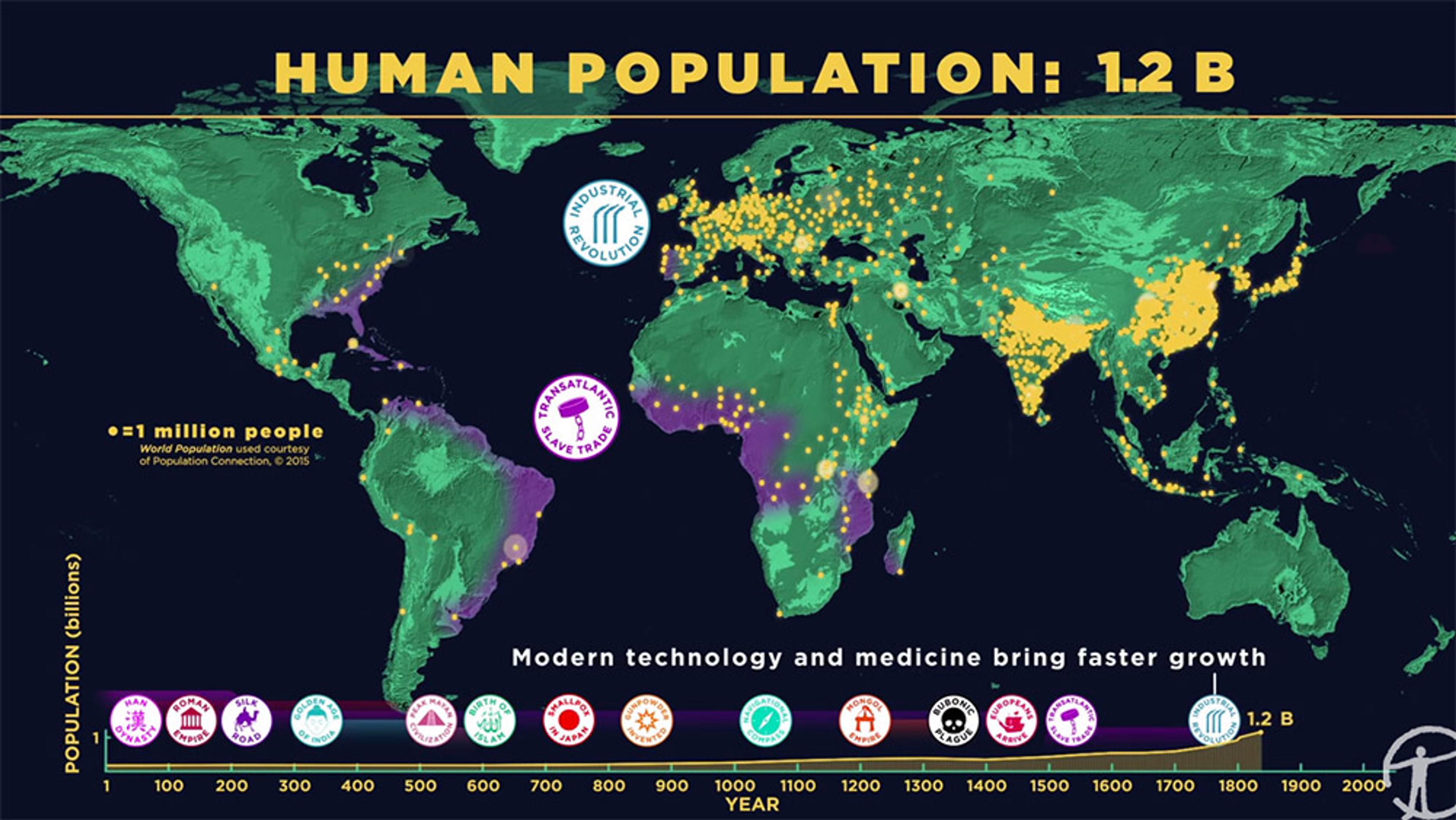
videoDemography and migration
How we became more than 7 billion – humanity’s population explosion, visualised
6 minutes
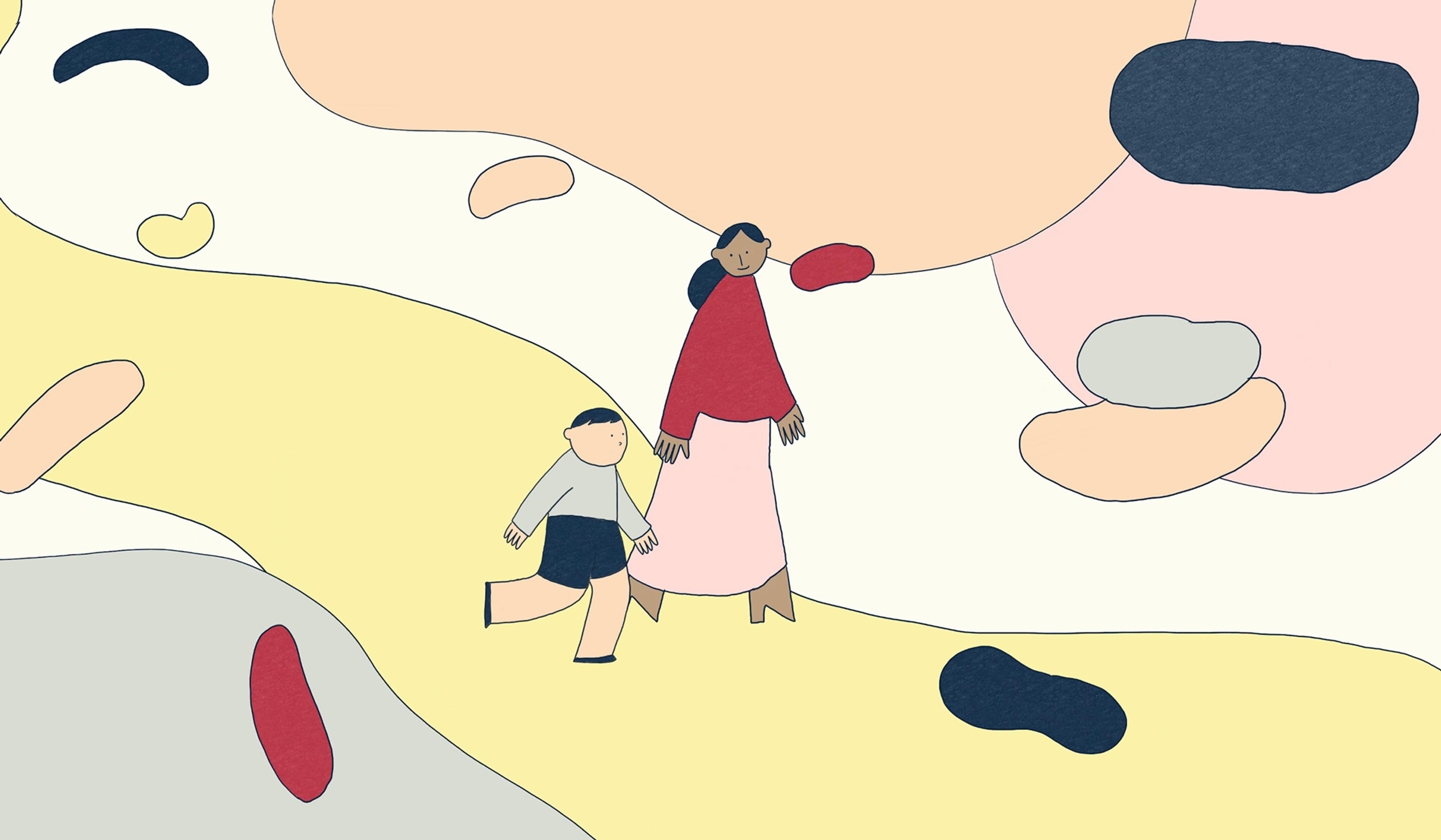
videoPhilosophy of mind
Caring for the vulnerable opens gateways to our richest, deepest brain states
7 minutes

videoSocial psychology
Don’t misread Darwin: for humans, ‘survival of the fittest’ means being sympathetic
5 minutes
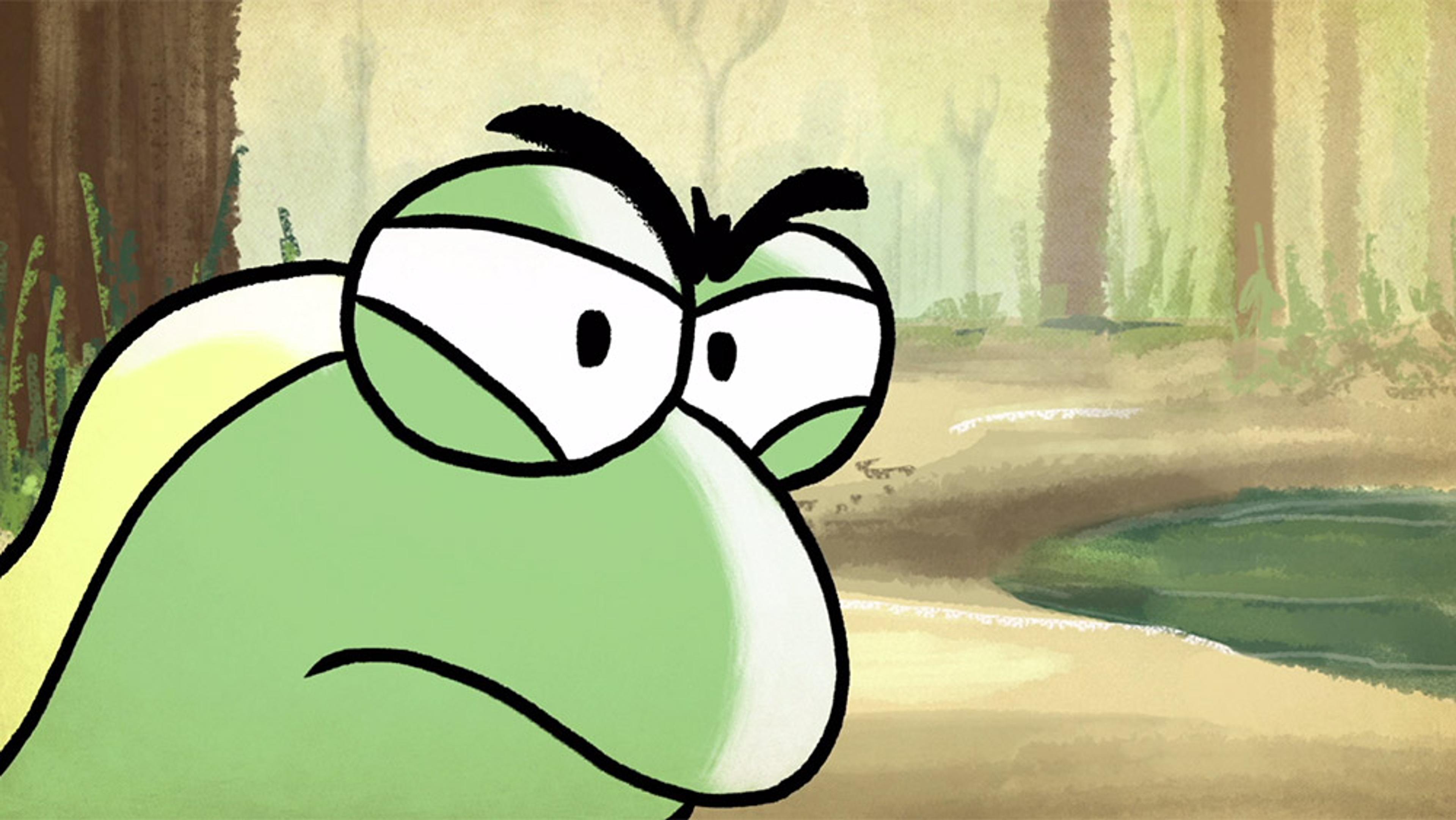
videoHuman evolution
Why did our sea-dwelling ancestors leap to land? It might have been the view
4 minutes
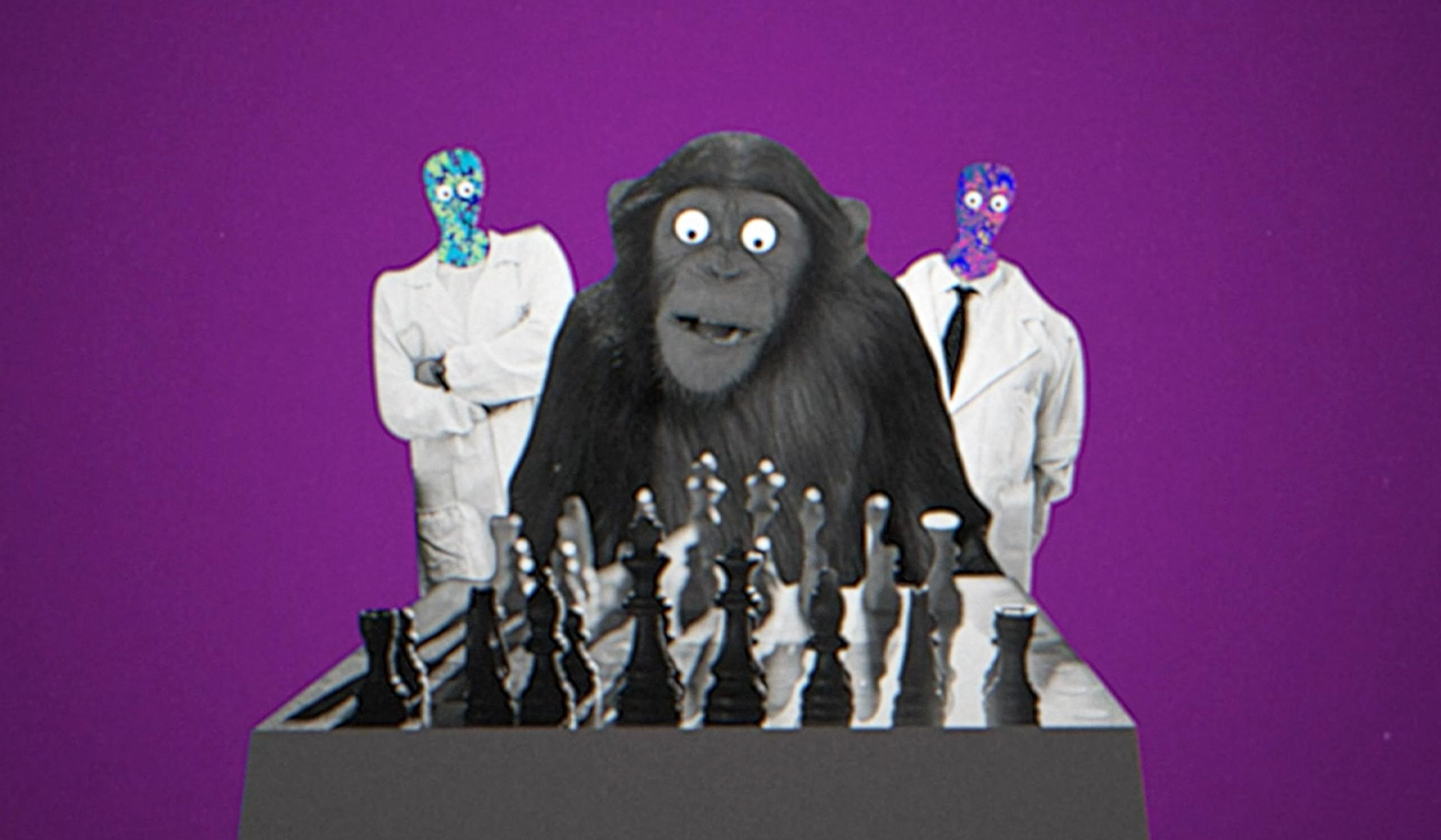
videoEvolution
Why making if-then connections might be the key to consciousness
5 minutes

videoGenetics
Why it took a century to work out that humans interbred with Neanderthals
22 minutes

videoPhilosophy of science
What toddlers can teach us about how the human brain does science
10 minutes
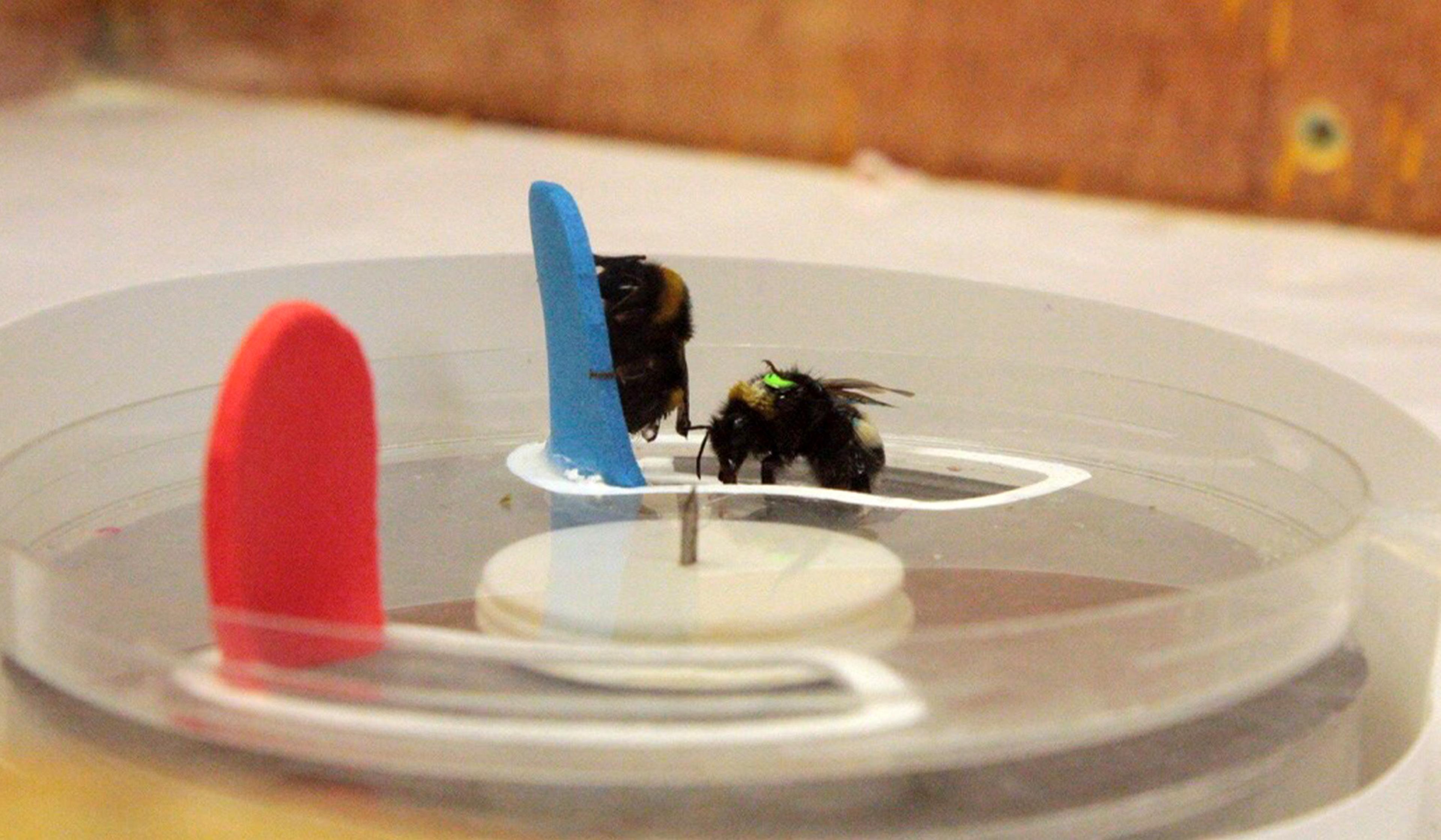
videoCognition and intelligence
What’s this buzz about bees having culture? Inside a groundbreaking experiment
8 minutes